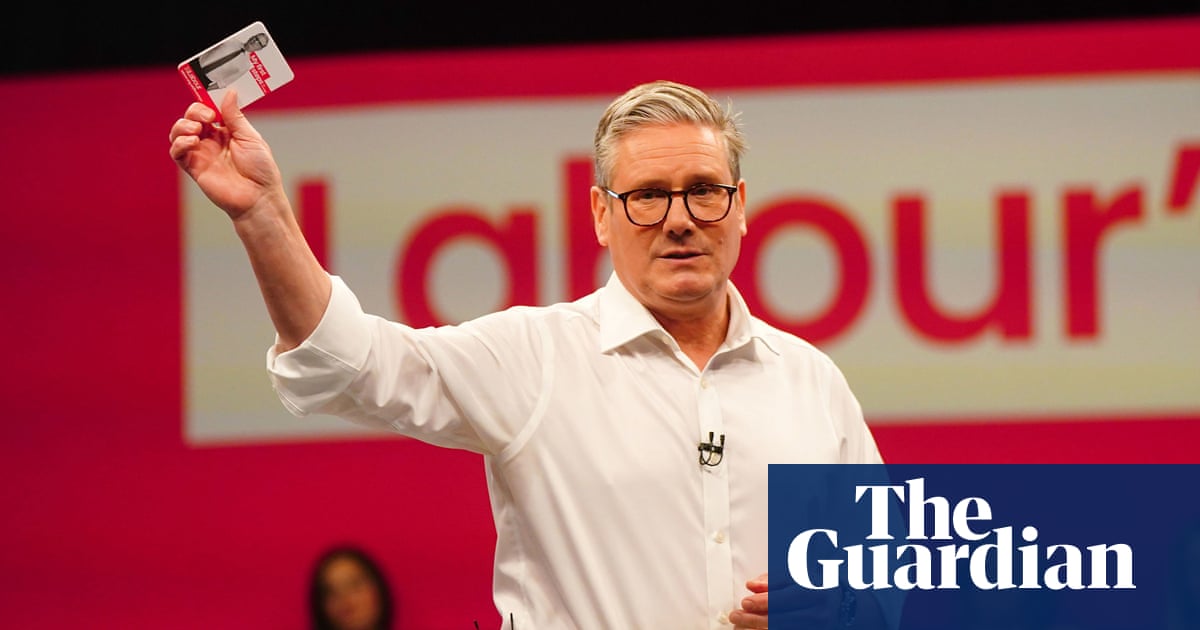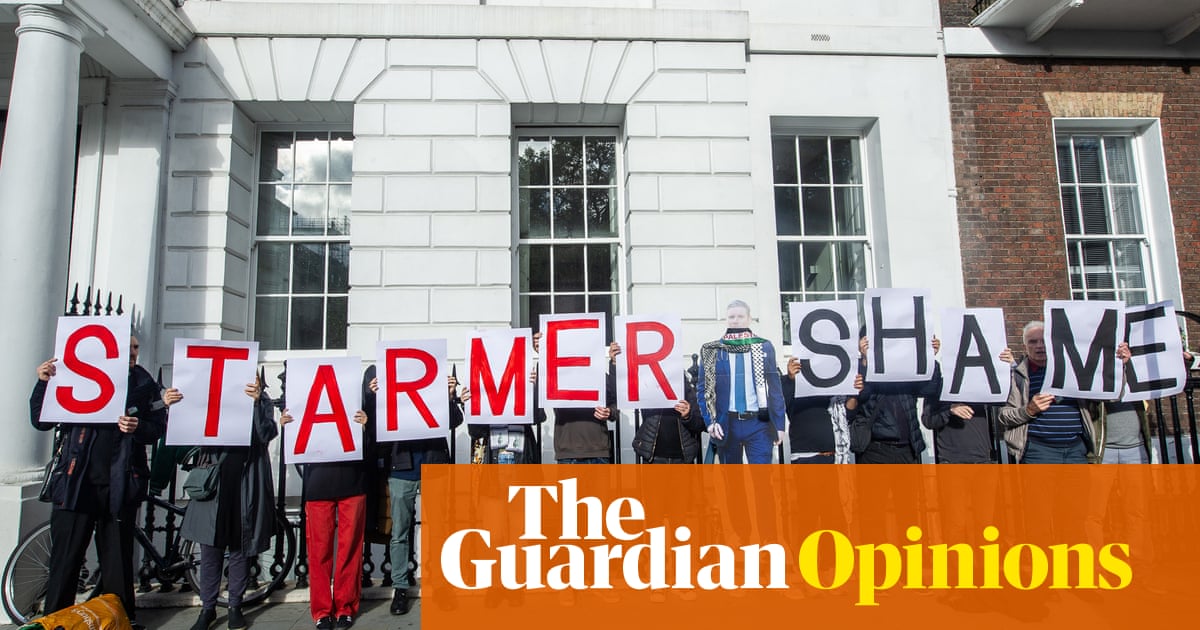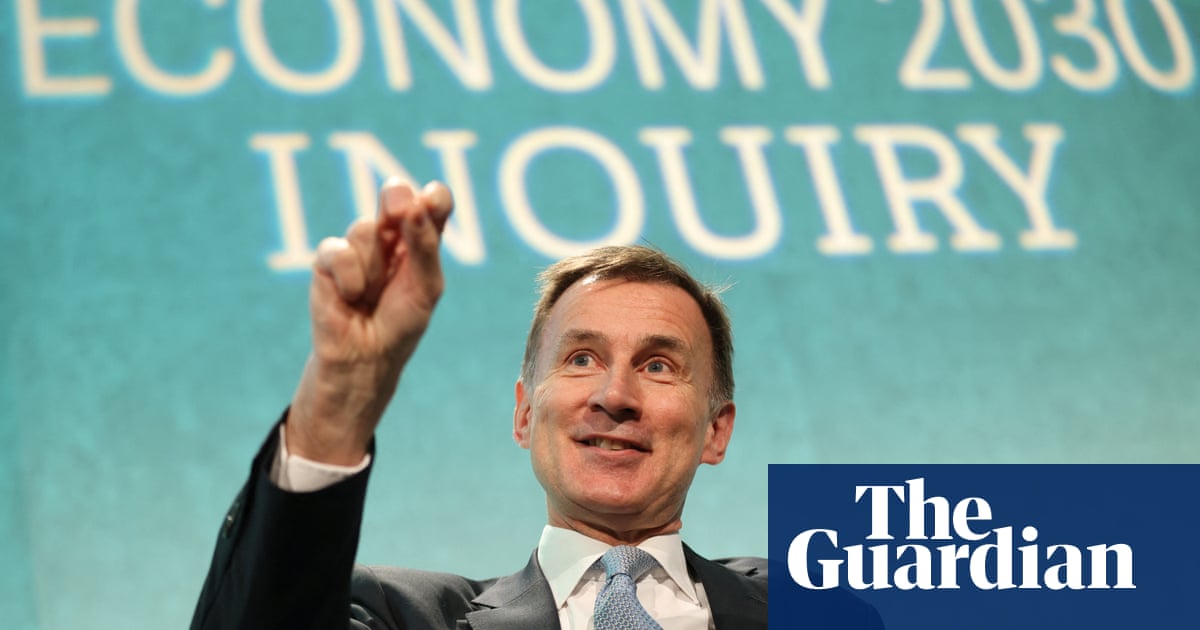
Maybe it was all a dream. Five years ago, I remember squeezing into my seat in Labour’s packed Liverpool conference venue to hear the news that Jeremy Corbyn had been re-elected as leader, seeing off Owen Smith’s challenge with an increased mandate. The years that followed were a lesson in the fragility of hope and progress. But they were also, for anyone who even broadly supported the new Labour left, a moment in which mass engagement and genuine alternatives returned to the political mainstream for the first time in decades.
Even in defeat, it felt as if the Corbyn project had conclusively demonstrated that a radical domestic programme was Labour’s path back to power. In 2017, Labour enjoyed the biggest increase in its share of the vote since 1945 and, given the overwhelming popularity of its manifestos, the public backed Corbyn’s policy on water renationalisation by a margin of two to one, its policy of railway renationalisation by three to one and its taxation policy by more than that. Few could credibly argue that its drubbing in 2019 was down to its policy agenda.
Keir Starmer was the parliamentary Labour party’s favoured candidate, but he was also part of the post-Corbyn consensus and was elected on the basis that there would be “no stepping back from our core principles”. His promise to Labour’s left and progressive membership base was to continue with Corbyn’s economic programme, including “common ownership of rail, mail, energy and water”, while setting straight the old leadership’s sometimes equivocal position on migration by “defending free movement as we leave the EU”.
At this year’s conference, Starmer set his promises alight and watched them burn. His opening gambit, an attempt to reintroduce the electoral college for leadership contests, was withdrawn, but replaced by measures that will make it much harder for a candidate like Corbyn to reach the ballot paper. Sitting on Andrew Marr’s sofa last Sunday, the Labour leader announced he would not back nationalising utilities. The following day, the shadow chancellor, Rachel Reeves, went on the Today programme to announce that “we’re not going to bring back free movement” and by Wednesday, Andy McDonald had resigned from the front bench in protest at Starmer’s opposition to a £15 minimum wage.
The Corbyn leadership was rightly criticised for its use of old-fashioned party management tactics to fudge Labour’s Brexit policy, but these episodes are now being put in the shade. Starmer’s rule changes went through because Unison’s delegation defied its own union’s policy. Proportional representation was defeated despite 80% support among constituency delegates. And, unlike Corbyn, Starmer has repeatedly signalled that he will not implement conference policies where they conflict, as in the case of energy renationalisation and the £15 minimum wage, with his own.
The momentum is not all in one direction. Labour’s new £28bn a year pledge to tackle climate change is a serious commitment and grassroots campaigns around the environment, electoral reform and migration could well make headway on policy in the coming years. But the atmosphere on the left has changed: where once it debated whether and how to build bridges with Starmer, now the mood ranges from fatalism and disappointment to anger and hostility. With many of the internal routes to affecting change closing down, the need to turn outwards towards industrial organising and social movements has never been so pressing.
But most of all, the lurch to the right will create problems for the leadership itself and it is not yet clear what effect the bonfire of Starmer’s promises will have on members’ allegiances and the internal balance of power in the long run.
The strategy of performatively alienating the left is premised on the comfortingly simplistic narrative established by New Labour and its successors: that the process of moderation undertaken by Neil Kinnock and Tony Blair saved Labour from the wilderness and that, in order to win the next election, Starmer must repeat this journey – as if undertaking a pilgrimage – within a single parliamentary term.
This is a plan that makes sense if you are a commentator or strategist whose political perspective was forged by the Kinnock and Blair leaderships, and if you think that reproducing the relatively piecemeal policy offering of that period, and the Miliband leadership that followed it, is a tenable strategy for an era of insurgent politics, climate emergency and post-Covid economic crisis. It makes no sense if you realise that in 2021 the electoral base for a professional-seeming, middle-of-the-road social democratic party led by a knight of the realm is very weak indeed.
To win elections, Labour needs to be a party of common purpose, radical ideas and anti-establishment narrative. It is increasingly a party of platitudes and introspection. Starmer may have picked a side, but it is hard to see how it can be a winning one.
● Michael Chessum is a freelance writer and socialist activist












